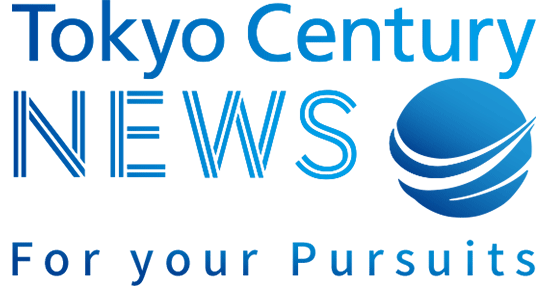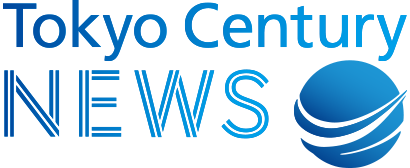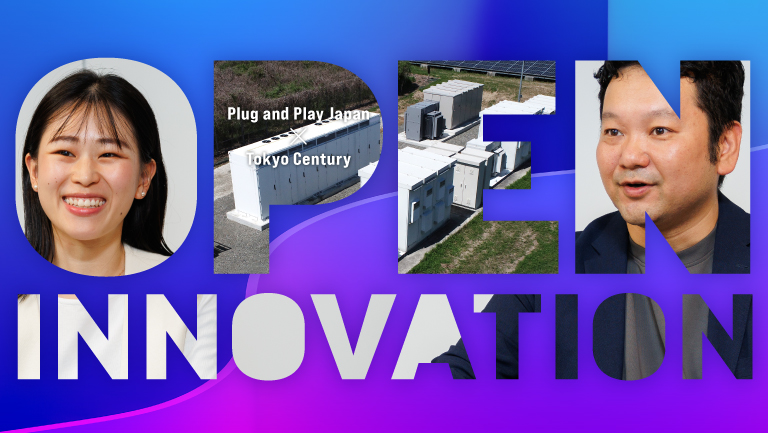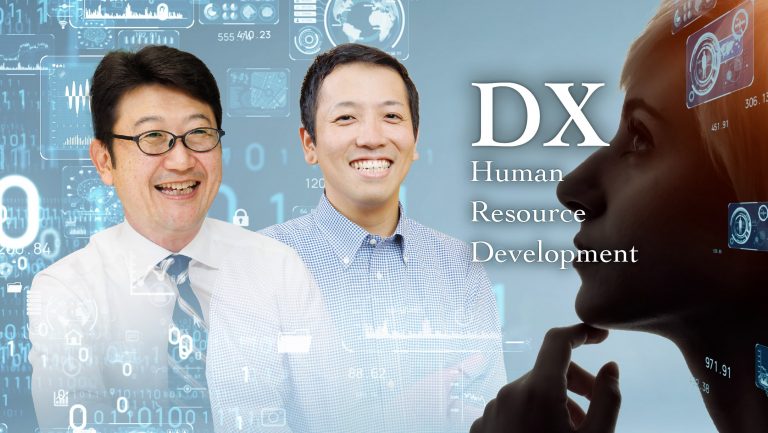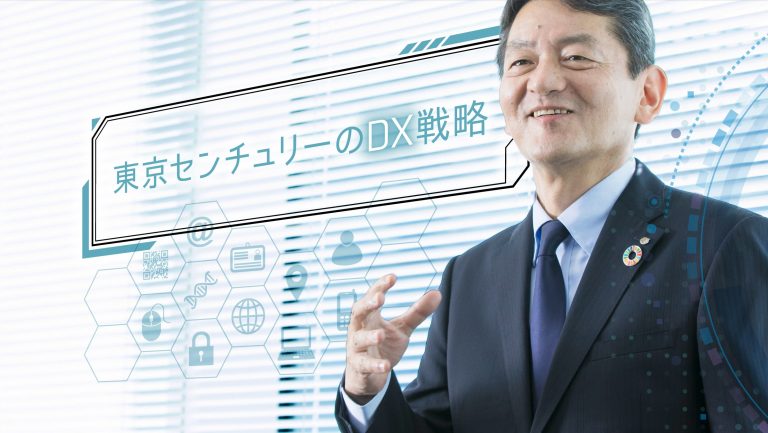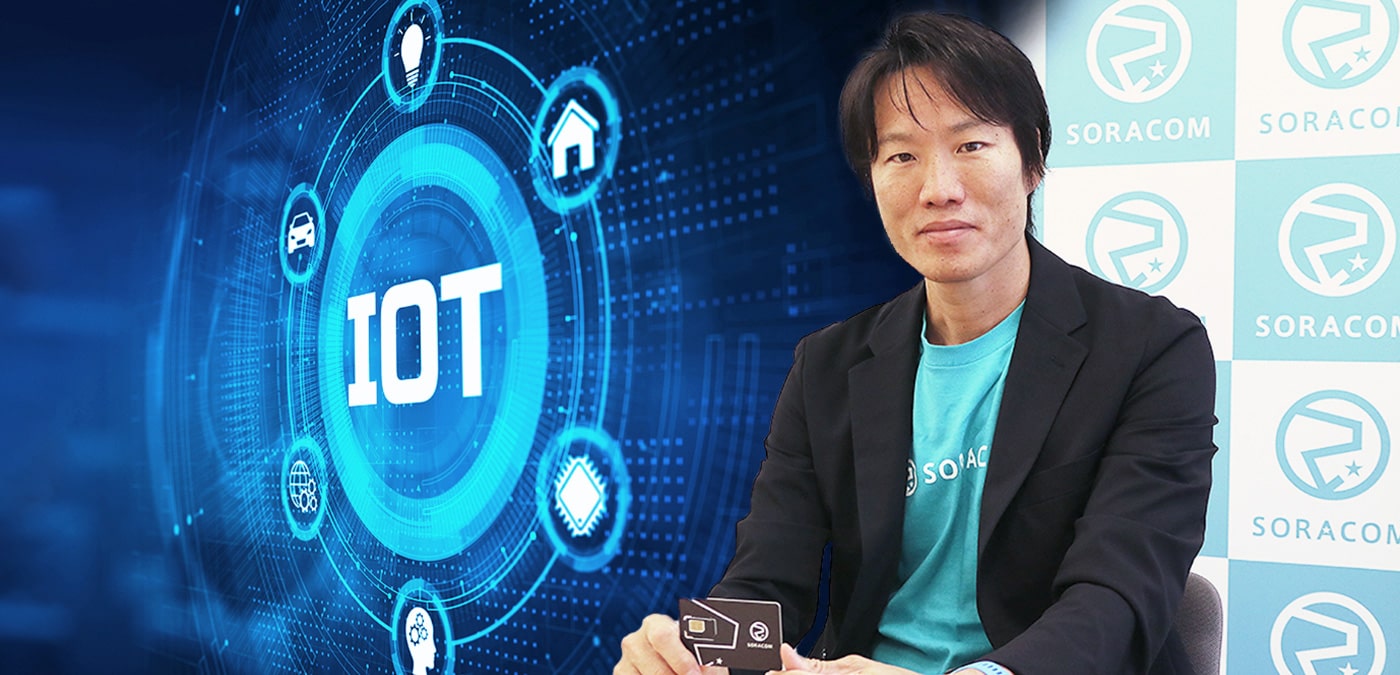
The Compelling Vision of Democratizing Technology—SORACOM CEO Ken Tamagawa on the DX Challenges Facing Japan and the Potential of IoT
Jun 16, 2021
Japan is currently engaged in an all-out effort to drive digitization. But many obstacles and other challenges remain for companies seeking to transform their businesses with cutting-edge technology.
Through its IoT platform business, SORACOM, INC. has pursued its mission of democratizing technology to help Japanese companies transform their businesses and to encourage innovation.
SORACOM and Tokyo Century jointly operate the “IoT SELECTION connected with SORACOM” (IoT SELECTION), a subscription service for IoT solutions.
Yasushi Yoshino, Senior Managing Executive Officer and leader of Tokyo Century’s DX Strategy Division, asked SORACOM CEO Ken Tamagawa to share his thoughts on the challenges faced by Japanese companies in their pursuit of DX and the future possibilities of IoT.
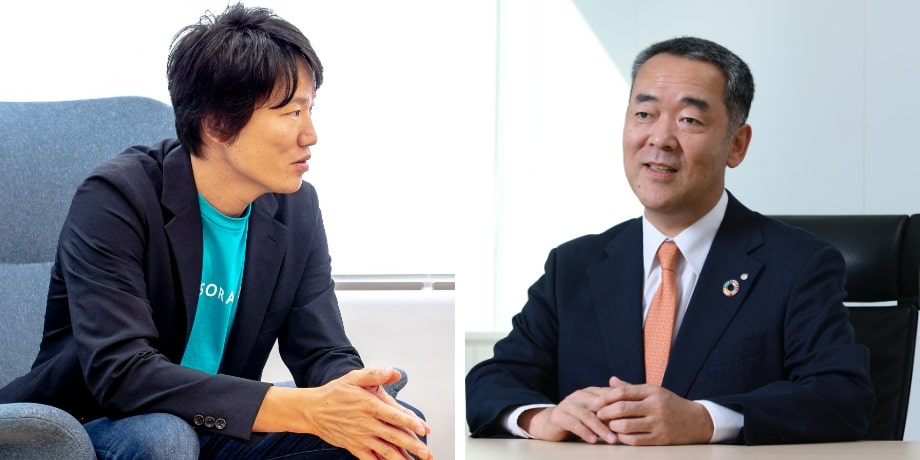
Need for a Unique Winning Formula for Japanese Companies Backed by a Nationwide DX Strategy
Yoshino: I understand that you worked at IBM Japan and Amazon Data Services Japan before founding SORACOM. And you completed your postgraduate studies in the United States. When you started out, did you have a vision of where you wanted your career to go?
Tamagawa: I didn’t have a clear vision back then, but since my university days, I’ve wanted to serve society while at the same time doing something I like and that interests me. I was particularly interested in IT, so I joined IBM Research. And ever since, I’ve devoted my energy to the things I find interesting before me.
At Amazon Data Services Japan, I was involved in the launch of Amazon Web Services (AWS). For a while, I also worked alongside Andy Jassy, who is soon to be Amazon’s CEO. I founded SORACOM after that, and I felt everything I’d been working on had finally come together. It was just like “connecting the dots,” as Steve Jobs once said in a speech.
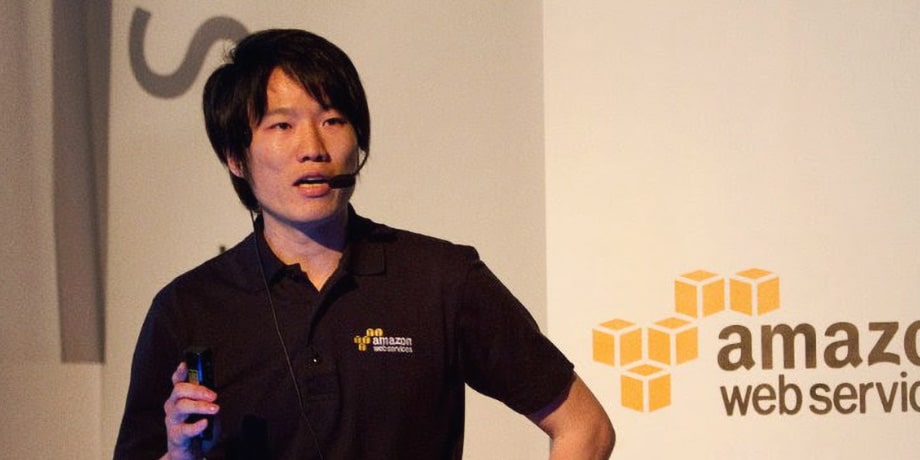
Around 2011: Touring Japan to introduce the cloud as an AWS evangelist
Yoshino: Back in 2015, when you founded SORACOM, the spread of digital technology in Japan was even slower than it is today. Now, Japan seems to have finally stepped on the accelerator. What is your view of the status quo?
Tamagawa: I fully support the fact that Japanese society is pressing ahead with digitization at full throttle. But I also believe it takes time for anything to show results. Take soccer, for example, where it’s difficult to win the World Cup on your first attempt. Hard work is required from every team member as well as a stronger team and a foundation for nurturing players over many generations. Similarly, tech giants like GAFA have more than 20 years of accumulated experience behind them in the digital industry. It would be hard to win in a head-to-head match against them. We need a unique winning formula for Japanese companies, backed by a nationwide strategy.
A major challenge in Japan is to create teams of people who deeply understand technology and also maintain a broad knowledge of industries and business domains. Meanwhile, some long-established companies in this country are discovering that past success is getting in the way of DX. They must find a way to overcome this contradiction.
That’s why so many companies are wracking their brains and moving forward through trial and error. Given this momentum, I think we are seeing good signs in the rising number of elderly people setting up startup companies based on their abundant experience in leading companies or in major companies tying up with startups through open innovation.
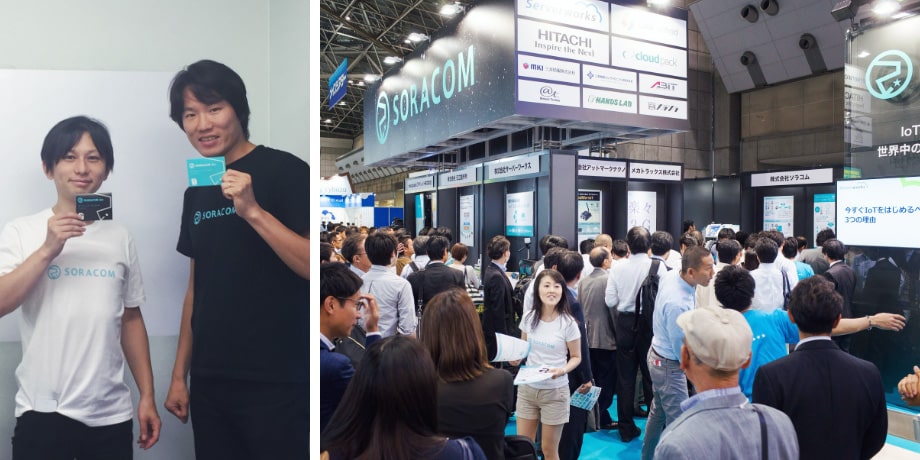
September 2015: Commemorating the launch of SORACOM Air in the office where the company was founded. SORACOM CEO Tamagawa (at right) and CTO Yasukawa (at left). / September 30, 2015: Soon after the launch, we exhibited in a large booth at ITproEXPO, hosted by Nikkei BP, and attracted significant attention.
The Compelling Vision behind Democratizing Technology
Yoshino: SORACOM upholds democratizing technology as its corporate mission. What made you decide to identify this as such?
Tamagawa: When AWS was beginning to grow as a service, an investor explained to me how it had changed the investment trends for startups. Before the emergence of AWS, an entrepreneur seeking to start an IT business had to first sign a contract with a data center, and the necessary hardware alone cost around 60 million yen. It would take nearly a year to procure funding, during which time novel ideas become outdated. Such were the hurdles and dilemmas of starting a new business in those days.
The emergence of AWS made it possible to start small without much funding, as long as you had a brilliant idea. This in turn changed the style of investment from dividing 60 million yen among several startups to six million yen among several tens of startups. The world now has a growing number of promising entrepreneurs.
Yoshino: That is really a good example of the democratization of technology.
Tamagawa: In the past, there was a considerable information gap between companies and people who had access to IT and those that did not. Many technologies were off limits unless you belonged to a research lab or a major company. AWS appealed to me because it could be used by anyone, regardless of which company you worked for. And I worked passionately on its launch because I deeply sympathized with the concept of expanding access to technology to as many people as possible.
This is why I decided to position democratizing technology as our mission at SORACOM and to provide a platform of IoT solutions, easily accessible even if you are not a major company. And while it seems as if the democratization of technology has advanced from where we began, IoT covers a vast domain, and each customer has distinct needs. We still have a lot to do to meet such needs. It just seems like the mountain only grows taller the higher I climb.
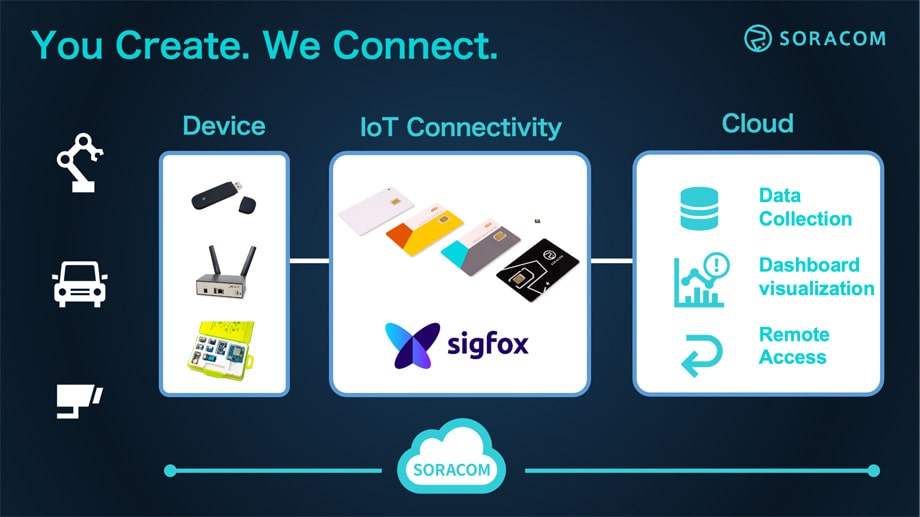
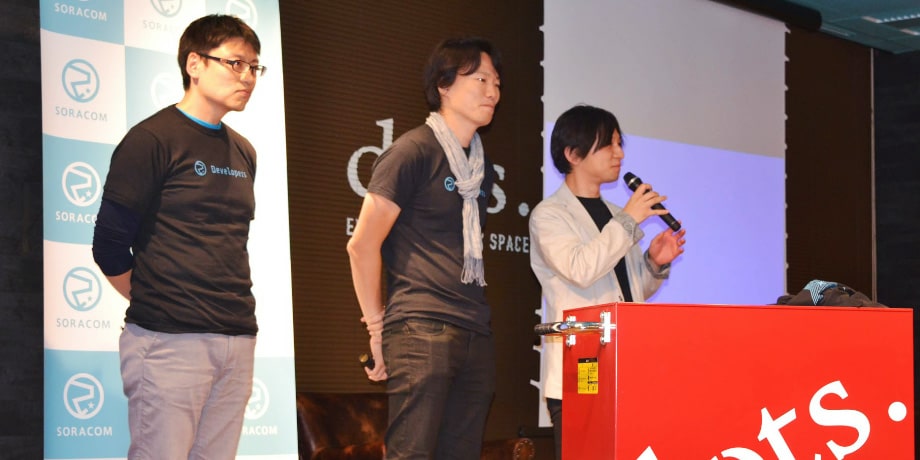
October 2015: We organized a series of user events to expand recognition and held presentations to introduce our service and meet users to hear about their needs. We launched four new services, based on user feedback, in January 2016. Since then, we have continued to create a number of services and functions in response to the requests of users.
Untapped Opportunities, Precisely in Industries and Businesses that Have Been Slow to Digitize
Yoshino: IoT has spread to every area of society. What are some of the more recent cases that have captured your attention?
Tamagawa: In the IoT SELECTION we work on with Tokyo Century, we’ve been receiving a lot of inquiries about the IoT lightbulb HelloLight. Since it is useful for the remote monitoring of seniors and for home security, there is a huge need for it in today’s rapidly aging society.

HelloLight: a watch-over service using communication function-equipped IoT LED bulb
Apart from IoT SELECTION, we are currently working on a project with a leading gas company. We jointly developed a smart meter, which has been installed in almost 800,000 homes, to create an online network of gas meters. In this case, we raise efficiency by monitoring gas usage on a real-time basis to more efficiently schedule the delivery of gas cylinders. This initiative could transform the entire gas industry.
Yoshino: Driving change in a conventional industry with a single device is the advantage and remarkable power of IoT.
Tamagawa: Yes. There are many industries and business segments in Japan that have yet to be digitized. Conversely, those areas represent untapped opportunities.
As the latest technologies become accessible to the general public, the obstacles to digitization will come down, giving way to the spread of new applications of the technologies. That in turn could spark a fundamental change in the way we do business and lead to the creation of new value. In particular, I think there are abundant opportunities in the fields of energy, manufacturing, primary industry, and local government.
The Subscription Business Model also Opens the Way to Sustainability
Yoshino: By the way, I was impressed by the 15 Leadership Statements that define workstyle guidelines for your employees. I particularly identified with the article on “Likability,” which encouraged people to be fun to work with.
Tamagawa: I guess it’s rare to include something like “Likability” in employee action guidelines.
Our objective is to have diverse companies drive innovation using our open platform. So, I believe that someone working at an open service provider shouldn’t be hard to get along with. The statement reflects my hope that our employees are the kind of people you would want to see and work with again.
Yoshino: As a company that engages with diverse customers, Tokyo Century has much to learn from that statement.
Tamagawa: Speaking for SORACOM, we have been very grateful to collaborate with a company like Tokyo Century, considering the knowledge and expertise it has accumulated over the years, by providing financial functions linked with assets such as leasing.
For example, the initial cost and resources required for a customer to install our IoT solution had long been problematic. But we can significantly lower the bar by adopting a subscription format. Moreover, the lineup of solutions in our IoT SELECTION have already been verified and can be promptly installed after purchase. And when it is no longer needed, you can simply cancel, without having to dispose of any equipment. In that sense, I realized how important the subscription business model is in bringing about a sustainable society.
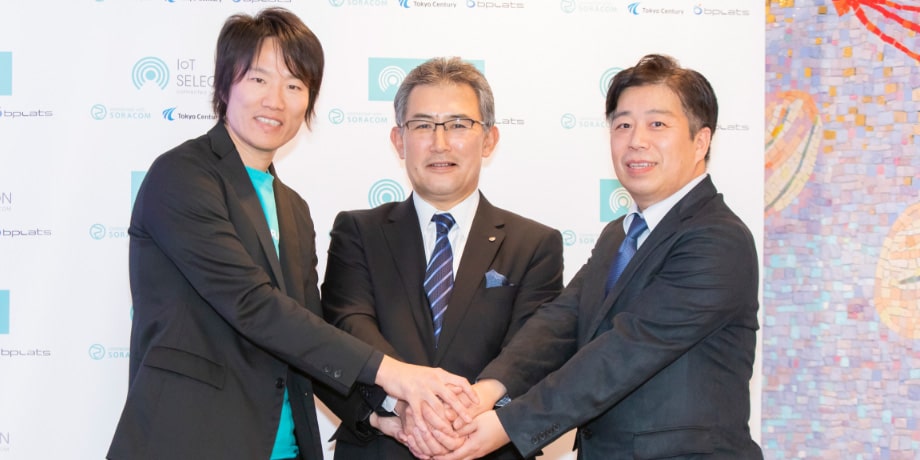
At the press conference of IoT SELECTION connected with SORACOM
Yoshino: The area of finance that only offers loans will continue to dwindle in the coming years. And because of this trend, I believe it will be important for Tokyo Century to update its leasing mechanism and serve behind the scenes in a supportive role to IoT service providers such as SORACOM and subscription services.
As new businesses and industries continue to emerge each day in the areas of technology and the environment, how should Tokyo Century engage with new developments and create value? Well, coming up with strategies is also one of our important roles.
Tamagawa: Tokyo Century is committed to its initiatives on the SDGs and sustainability, which I also feel strongly about.
In the past, startups tended to prioritize its business and place sustainability on the back burner, under the pressure of anticipated growth. But that has begun to change over the past few years. Perspectives on the SDGs and sustainability have become essential considerations for startup companies as well. SORACOM would also like to start by doing what we can, such as by reducing plastic used in the SIM cards we provide. I would be happy to cooperate with Tokyo Century on sustainability as well.
Yoshino: Through the course of this dialogue, I was deeply moved by your consistent views of policy and philosophy. I also felt that while we may belong to different industries, our companies are moving in the same direction. I’m sure there are many other areas in which we can collaborate, and I look forward to growing together. Thank you very much for your time
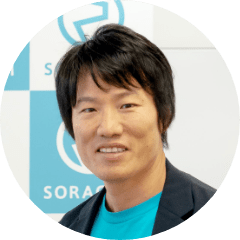
Ken Tamagawa
Chief Executive Officer, SORACOM, INC.
Born in 1976 in Osaka, Japan. Graduated from the Department of Mechano-Informatics, Graduate School of Information Science and Technology, University of Tokyo. Obtained MBA and MSE degrees from Carnegie Mellon University, U.S.A. After working at IBM Research in Japan, joined as an evangelist for Amazon Data Services Japan. Worked on the launch of the AWS cloud operation in Japan as a technical supervisor. Founded SORACOM, INC. in 2015.
https://soracom.com/
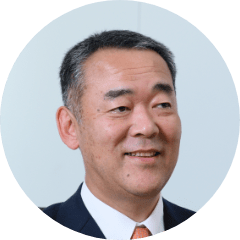
Yasushi Yoshino
Senior Managing Executive Officer, the Digital Transformation Strategy Division
Yoshino was responsible for Tokyo Century’s international business for many years and was instrumental in promoting its digital business in Southeast Asia. He has led Tokyo Century’s DX since fiscal 2020, drawing on his extensive knowledge.
*The contents of the article and the position titles are as of the date posted.
RECOMMEND ARTICLES
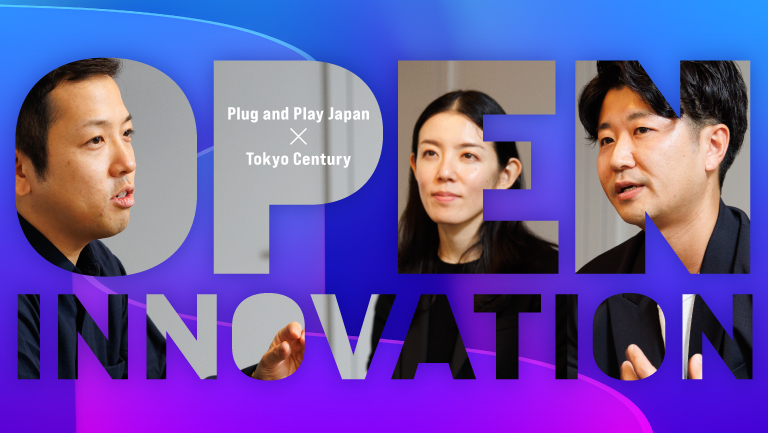
—Plug and Play Japan × Tokyo Century
Feb 19, 2025
Collaboration with s…
